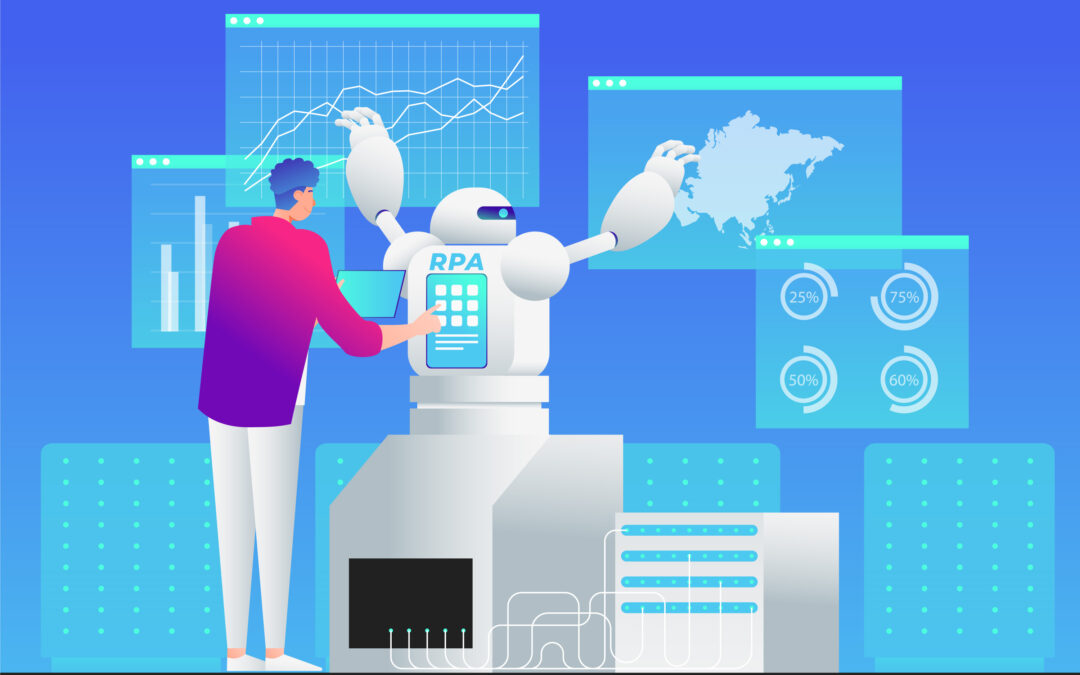Artificial Intelligence (AI) has ushered in a new era in eLearning, transforming the way we create, deliver, and manage educational content. While AI holds immense potential for enhancing the eLearning experience, it also raises important ethical considerations. In the context of Moodle, a widely-used learning management system, striking a balance between automation and the human touch is crucial. In this blog, we will explore the ethical dimensions of AI in eLearning and how Moodle can navigate this terrain to create a more equitable and effective learning environment.
The Power of AI in eLearning
AI offers several benefits in eLearning:
Personalization: AI algorithms can tailor learning experiences to individual needs, pacing, and preferences, optimizing engagement and retention.
Automation: AI can automate administrative tasks, such as grading and feedback, allowing educators to focus on teaching and mentoring.
Data Insights: AI-driven analytics provide educators with valuable insights into learner behavior, helping them make informed decisions about course design and content.
However, as AI plays an increasingly prominent role in eLearning, ethical considerations come to the forefront.
Ethical AI in eLearning
Transparency and Explainability: AI algorithms should be transparent, and their decisions should be explainable to both educators and learners. Moodle can provide insights into how AI-driven recommendations and assessments are made.
Fairness: AI should not perpetuate biases. Moodle can implement fairness checks to ensure that recommendations and assessments are equitable for all learners.
Data Privacy: Moodle must safeguard learner data and comply with data privacy regulations. Learners should have control over their data and be informed about how it’s used.
Human Oversight: While AI can automate many tasks, it should not replace human educators entirely. Moodle can facilitate human oversight in content creation, assessment, and support.
Inclusivity: AI should be accessible to all learners, including those with disabilities. Moodle should ensure compatibility with assistive technologies and provide alternative options for learners with specific needs.
Feedback and Improvement: Moodle should gather feedback from learners and educators about the use of AI in eLearning and use this feedback for continuous improvement.
Balancing Automation and the Human Touch
The challenge for Moodle is to strike a balance between harnessing the power of AI while preserving the essential human elements in education. Here are ways Moodle can achieve this balance:
Personalization with Purpose
Moodle can use AI to personalize learning experiences, but this personalization should align with educational goals and not be solely driven by profit motives.
Ethical Content Creation
Moodle can promote the creation of ethical and diverse educational content, ensuring that AI doesn’t perpetuate biases or stereotypes.
Learner Agency
Moodle can empower learners to control their learning experiences, allowing them to opt in or out of AI-driven recommendations and assessments.
Human-Driven Support
While AI can provide instant feedback, Moodle should emphasize the importance of human support and interaction, especially in complex or emotionally sensitive subjects.
Ethical Data Use
Moodle can establish strict data privacy protocols, ensuring that learner data is used solely for educational purposes and not for commercial exploitation.
Measuring Ethical AI Impact
Moodle can measure the impact of ethical AI implementation through:
Ethics Audits: Regular ethics audits to assess the fairness, transparency, and inclusivity of AI-driven features.
User Feedback: Gathering feedback from learners and educators to understand their perceptions and experiences with AI in Moodle.
Outcome Analysis: Analyzing the impact of AI on learning outcomes and educational quality, ensuring it aligns with ethical objectives.
The Ethical Imperative
Incorporating ethical AI into eLearning is not just a choice; it’s an imperative. Moodle, as a leader in eLearning technology, has the responsibility to navigate the ethical dimensions of AI and ensure that the benefits it brings are accessible, equitable, and aligned with the principles of education. By balancing automation with the human touch and prioritizing transparency, fairness, and data privacy, Moodle can continue to empower educators and learners in an increasingly AI-driven educational landscape.


Recent Comments